Homosexuality is no longer taboo in classrooms
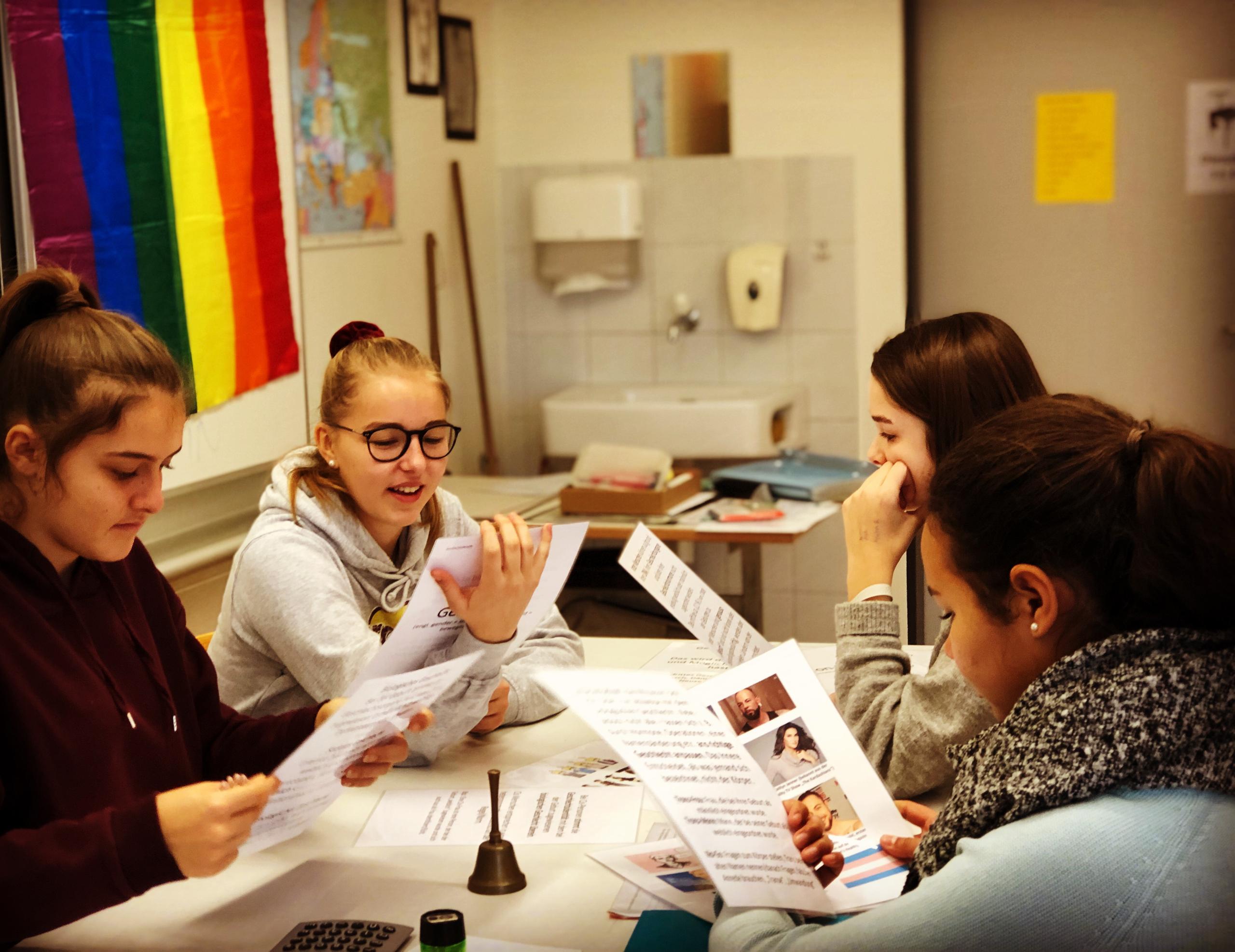
The ABQ association has been criss-crossing schools in cantons Bern and Fribourg for 20 years, talking about sexual orientation. The aim is to let pupils chat with young gay people and above all ask them questions, helping to create a climate of tolerance.
“How did you come out?” “In same-sex couples does one partner play the role of the man and one the role of the woman?” “Have you found it hard accepting yourself?”
This morning a class of secondary school pupils from Tavel, near Fribourg in western Switzerland, have the chance to put all their questions about sexual orientation and gender identity to members of the school project ABQExternal link.
The Bern-based association organises around 60 school visits a year to let teenagers meet people aged 20-30 who are LGBTIQ (lesbian, gay, bisexual, transgender, intersex and queer).
“We’re not militants. We’d like [pupils] to form their own opinions knowing all the facts,” says Hélène Fournier, ABQ’s co-president and one of four participants today, alongside Ivan, Soraya and Yaron.
“We think it’s important for us to be young when we go and see young people. The pupils can identify more easily with the participants,” she explains.
This is the first time that Yaron, 22, has been actively involved in a visit. The computer science student recently decided to get involved in the association:
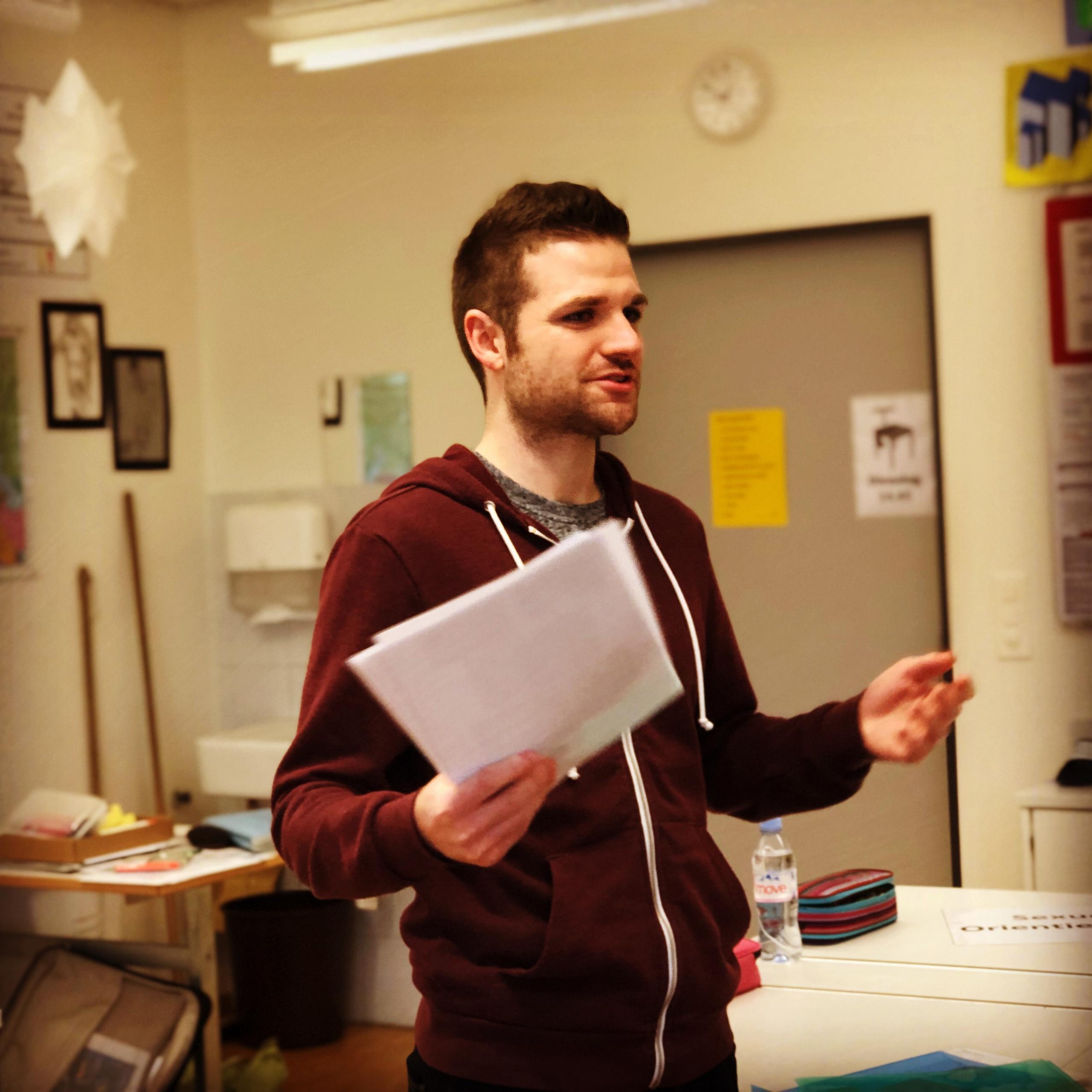
More
Yaron
After an introduction the pupils, aged 14 to 16, are separated into two groups: boys in one room and girls in another.
“We do this to have a more manageable number of pupils and also because we’ve noticed that boys of this age tend to clown around to try to attract the girls’ attention. We also get the impression that girls feel more comfortable like this when it comes to asking questions,” Fournier says, pointing out that anyone can change groups as they wish.
“Not all gay men like shopping, not all lesbians have short hair” – over the course of the morning the ABQ participants try to deconstruct stereotypes by explaining terms, giving information and, above all, replying candidly to all the pupils’ questions.
The one about roles in a relationship pops up frequently. “It’s not necessary for one partner in a same-sex couple to play the man and one the woman,” Fournier tries to explain. “Do you think lesbians spend all day in the kitchen and gay men do nothing but work?” Humour is sometimes an effective tool for combating generally accepted ideas.
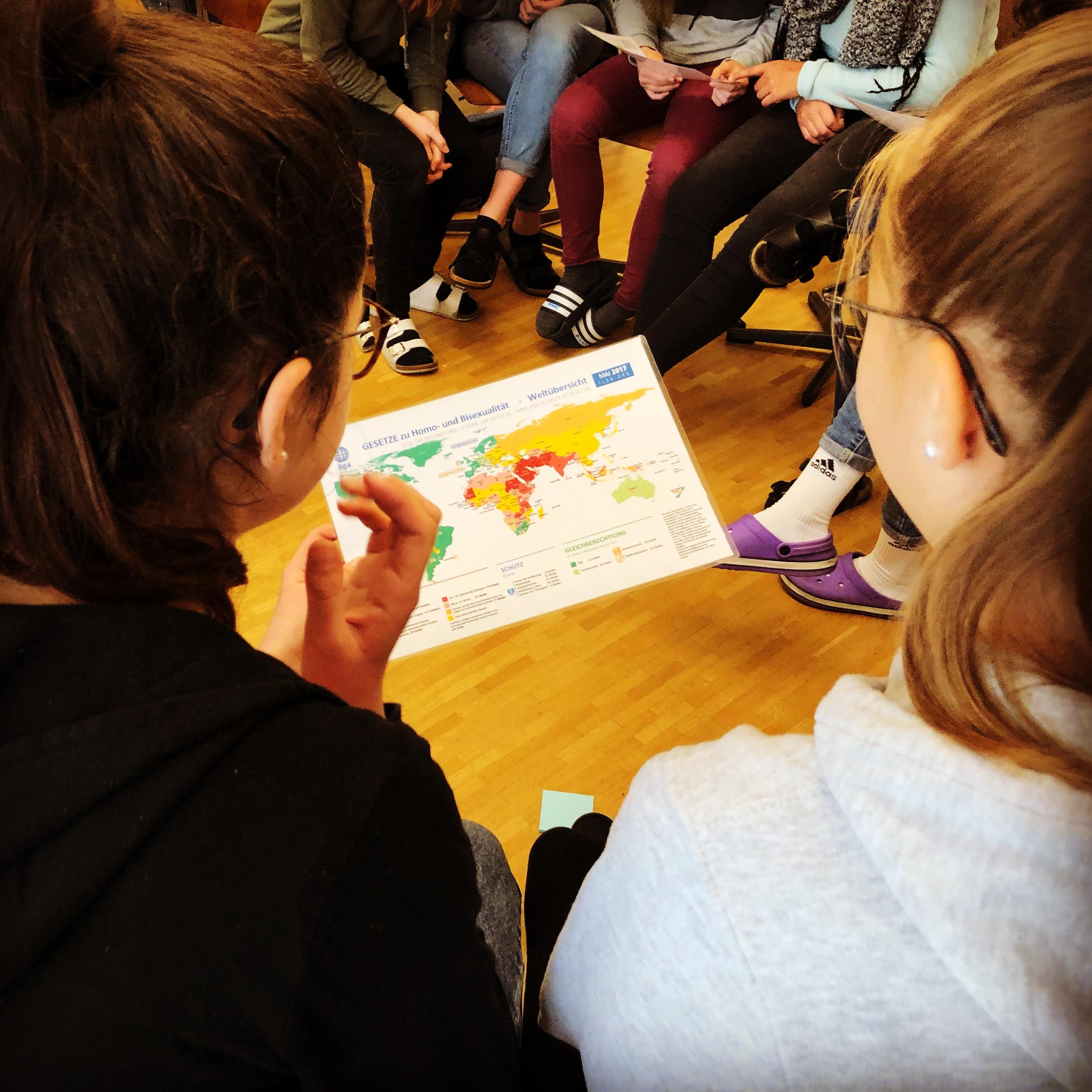
The pupils use the anonymous questions round to ask about sexuality in general. “Have you already had problems when it comes to sexual relations?” “Have you got any sex toys?” The ABQ participants must be prepared to reply to some pretty intimate questions, giving answers that are informative and which often seem designed to reassure the person asking them.
The embarrassed laughs and mocking glances gradually give way to a relaxed atmosphere conducive to discussion.
“I have a Russian background and over there you learn in school that it’s illegal to be homosexual. Kids sometimes don’t even know that it exists,” says one young girl, watched by astonished classmates. They are also stunned to discover on a map that 72 countries still criminalise homosexuality and eight countries impose the death penalty for it.
More tolerance
At the end of the morning the boys and girls join up to discuss what they have heard and talked about.
“I appreciated that you answered the questions so openly,” says one boy.
The school at Tavel has been inviting ABQ to talk to classes in the final year of obligatory education for ten years.
Hubert Aebischer, the headmaster, explains the concrete results of the visits. “Previously you’d often hear stupid jokes or clichés about gay people, not to say insults. I get the impression that’s almost disappeared,” he says.
The school has also had a transgender pupil and boys who discovered they were gay.
“They were accepted by the others no problem,” Aebischer says. “I’m convinced that the work of ABQ has contributed to instilling an atmosphere of openness.”
At the end of the visit, the four volunteers gather what the pupils have written about the morning and give their own assessment. “When it came to the anonymous questions, the boys said they wanted to shock us but their questions turned out to be pretty mild,” laughs Ivan.
The volunteers agree that mentalities have changed since ABQ was founded 20 years ago. More and more pupils know someone from the LGBTIQ community. What’s more, academic institutions increasingly ask for ABQ’s services.
“We’re struggling to keep up with all the requests and are looking for new volunteers,” Fournier says.
Nevertheless, clichés still exist, she admits. “In their feedback, many teenagers write that they’ve noticed that homosexuals are totally normal.” She dreams of a time when the work of ABQ is unnecessary, but society is not there yet.

In compliance with the JTI standards
More: SWI swissinfo.ch certified by the Journalism Trust Initiative
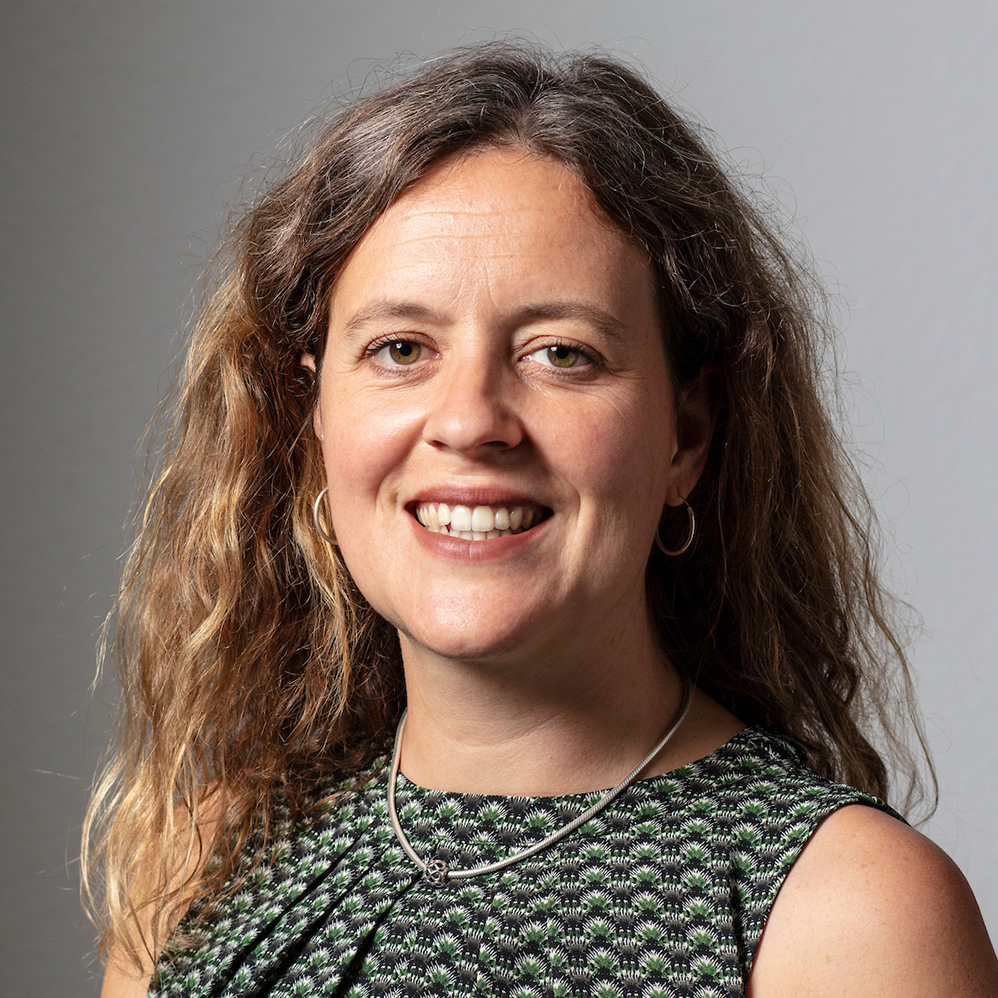
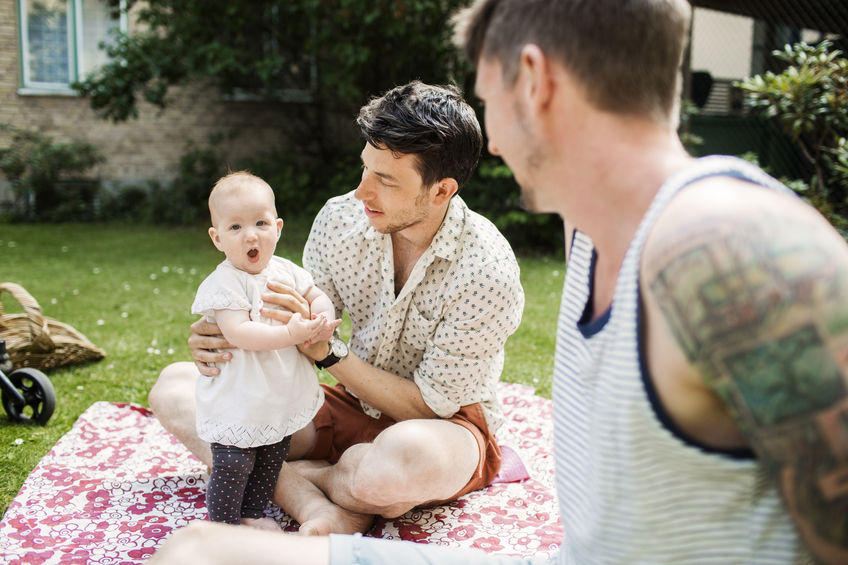
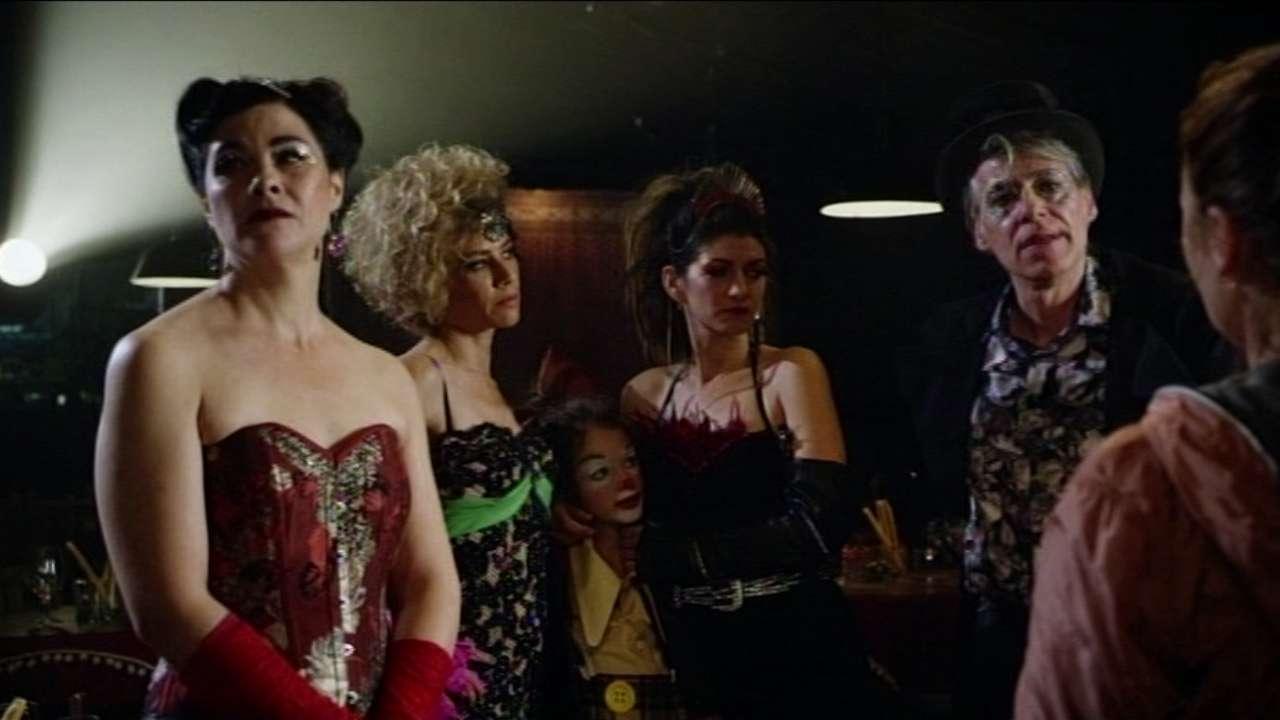
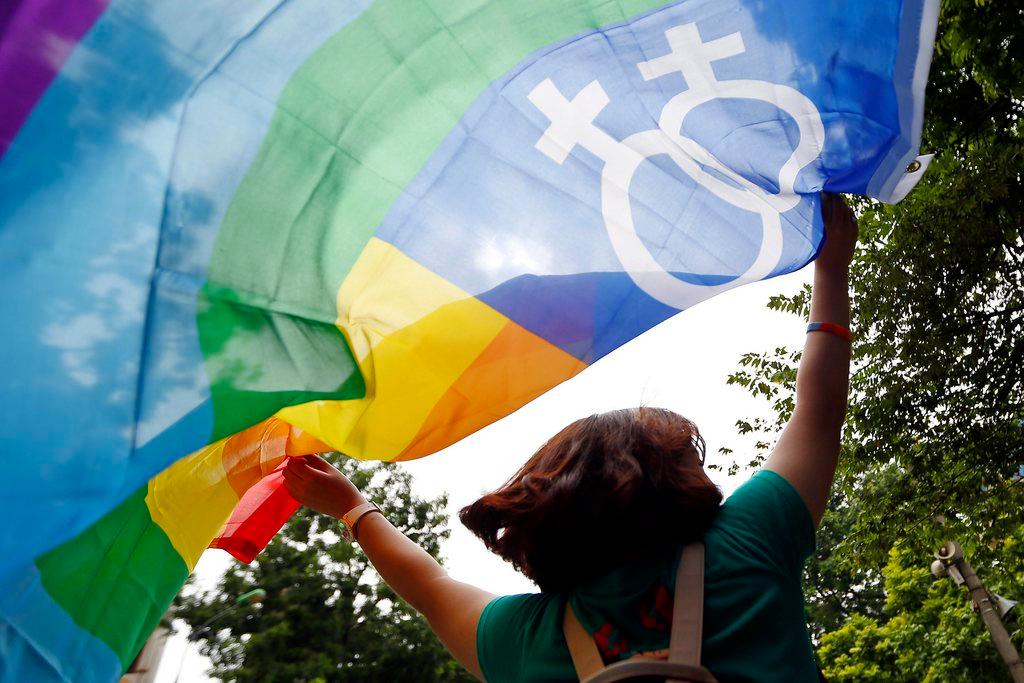
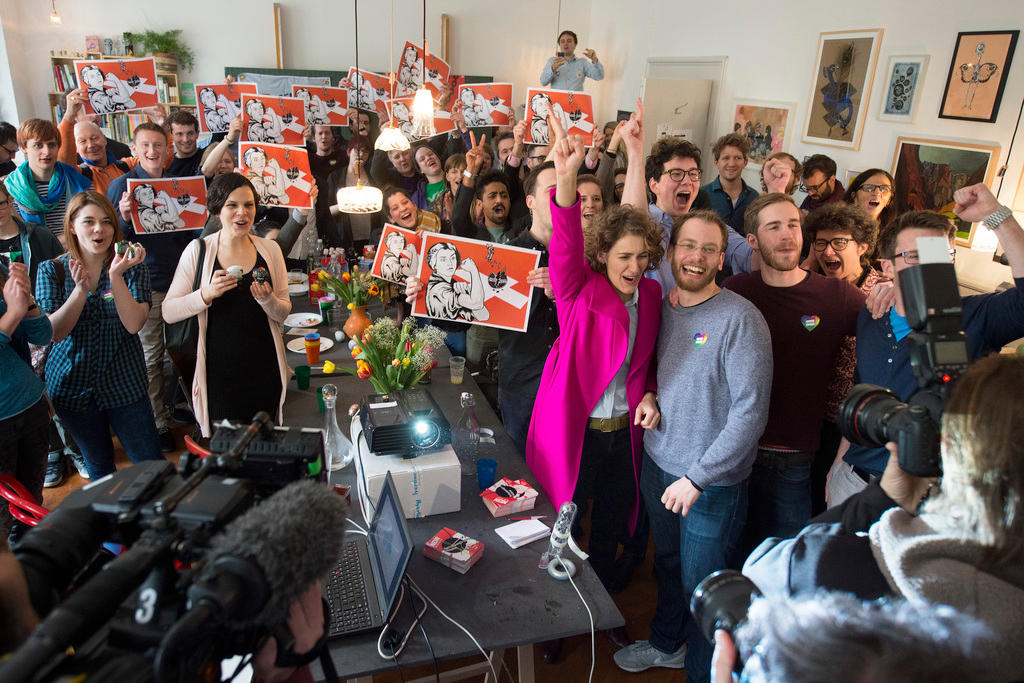
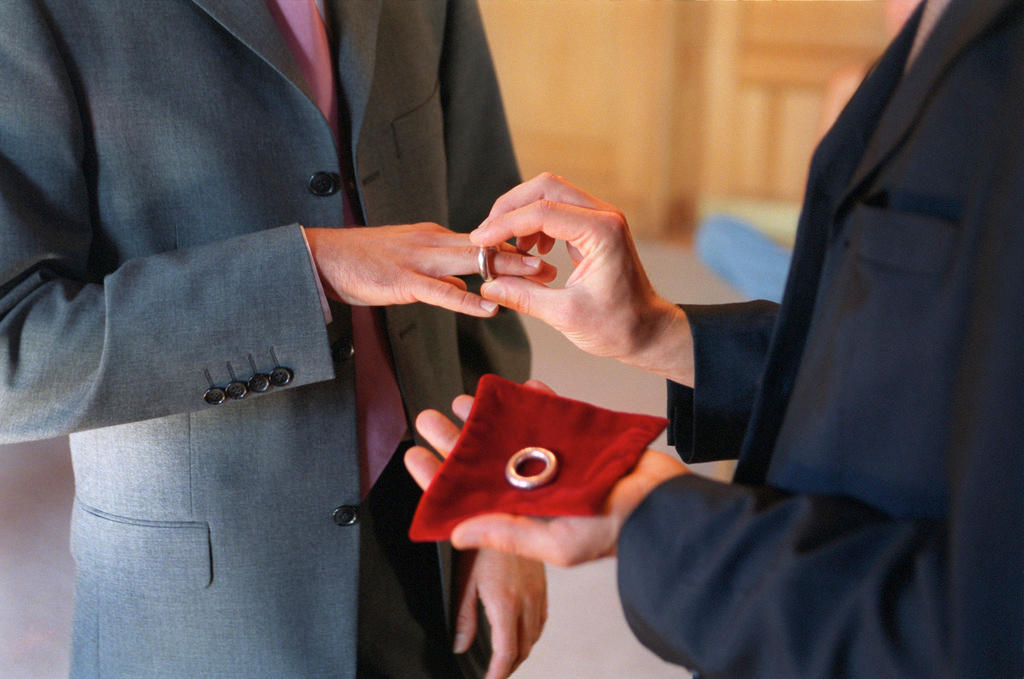
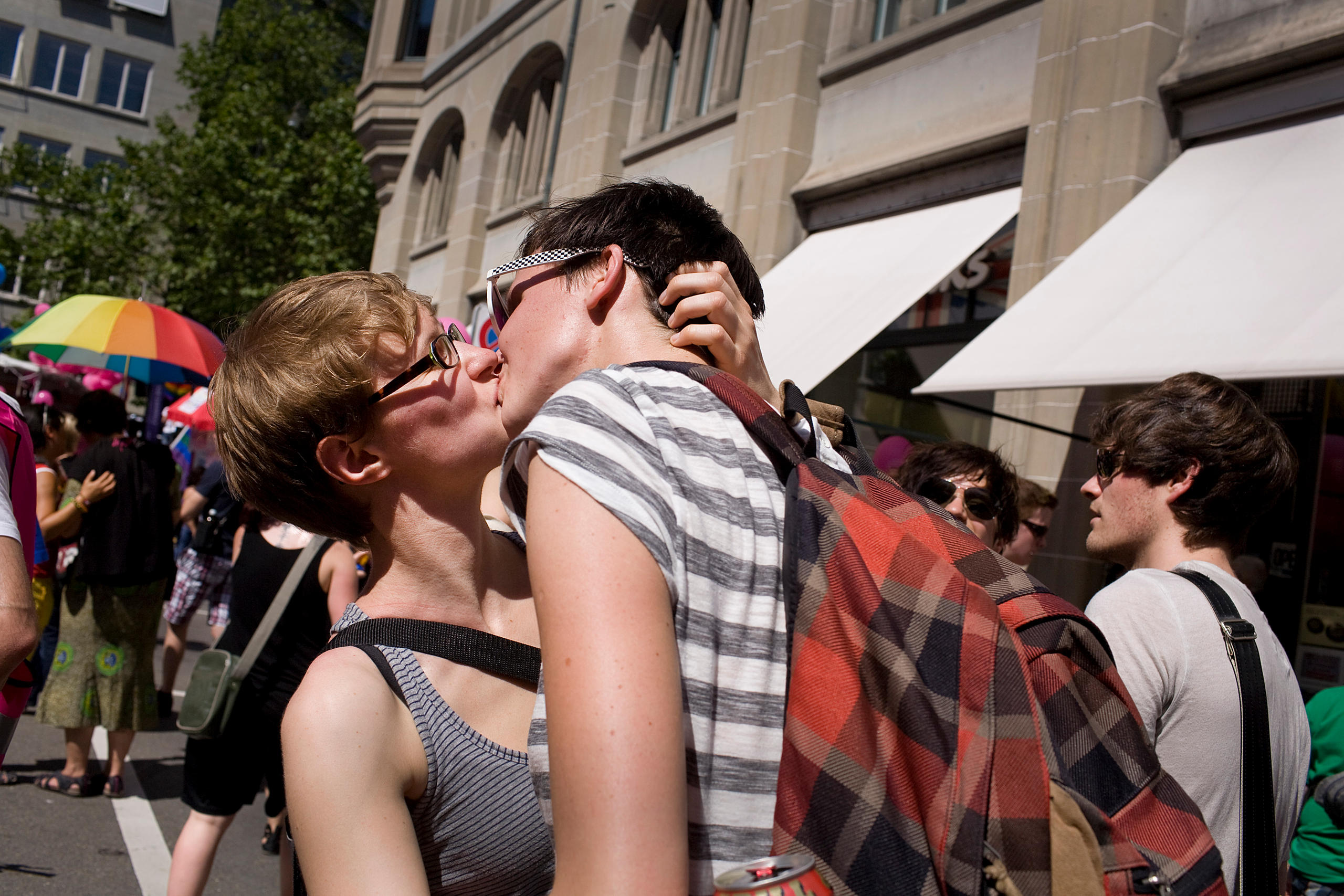
You can find an overview of ongoing debates with our journalists here. Please join us!
If you want to start a conversation about a topic raised in this article or want to report factual errors, email us at english@swissinfo.ch.